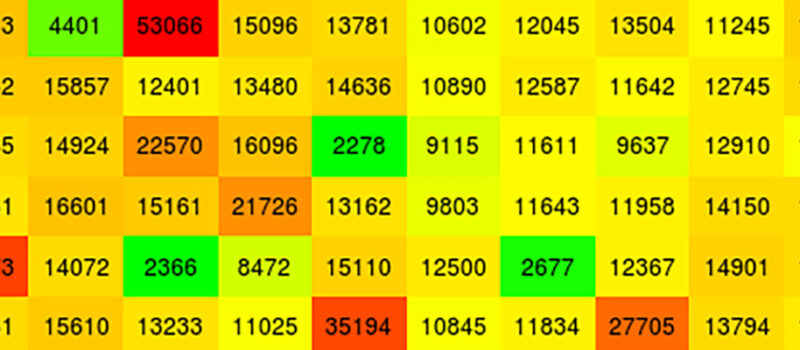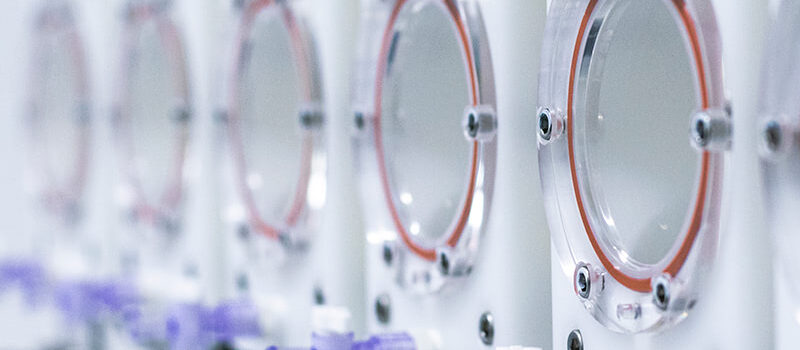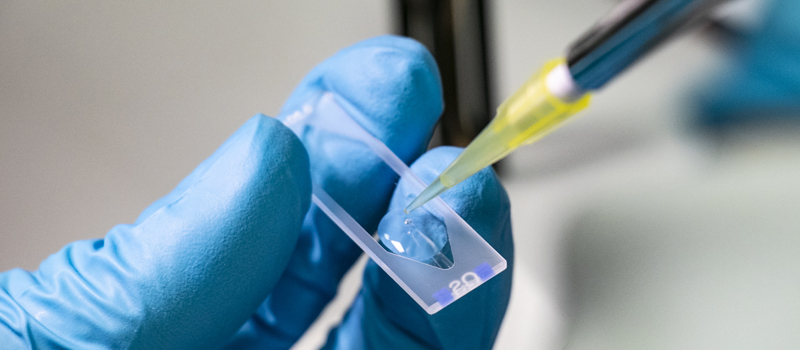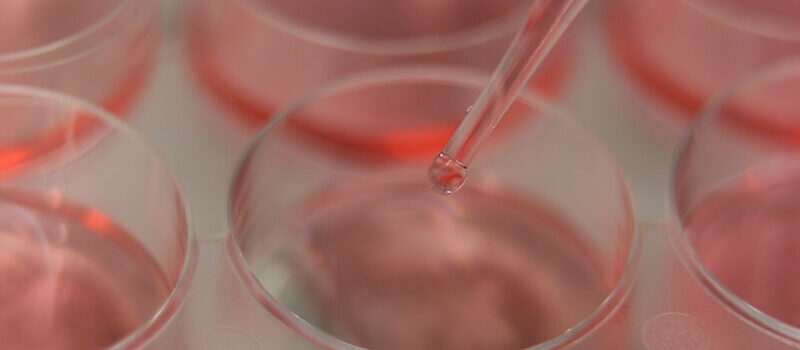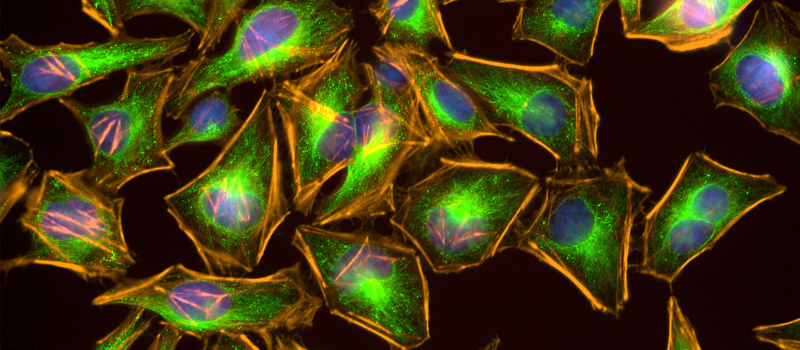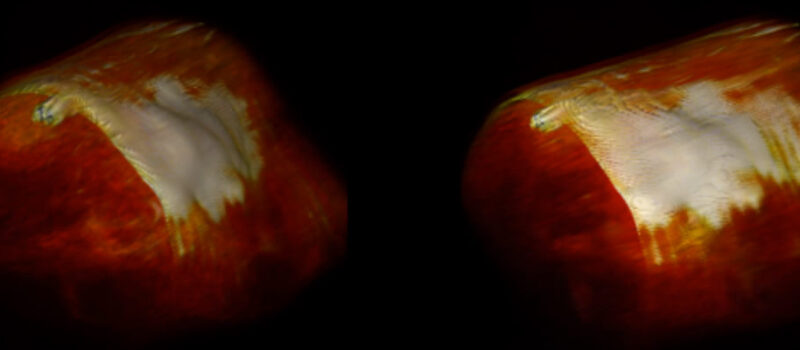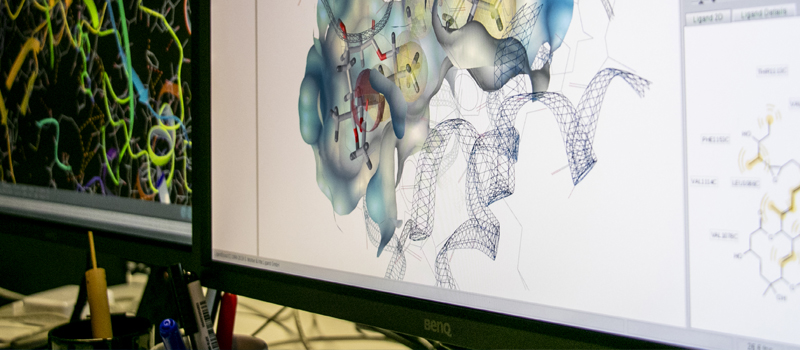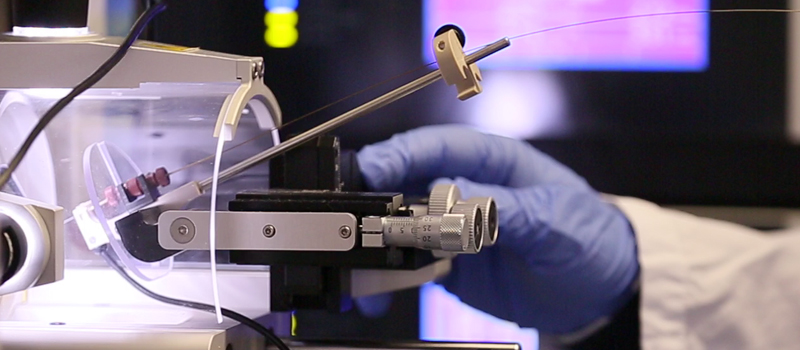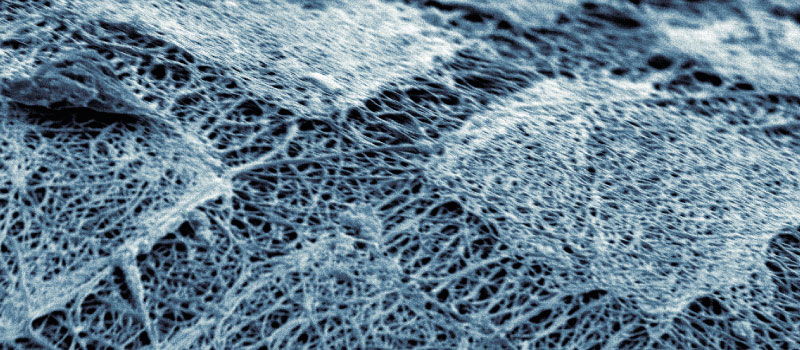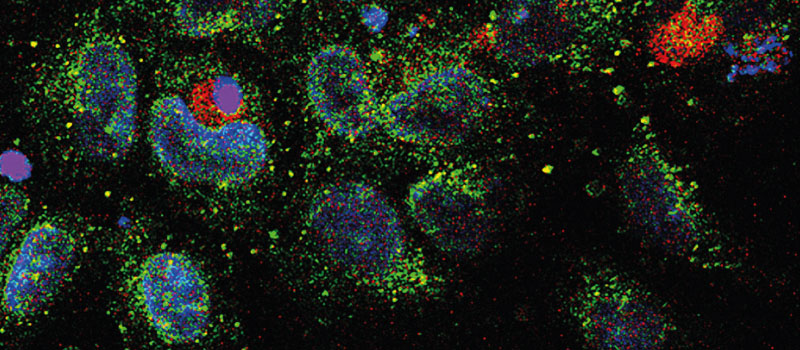Technological platforms
With its strongly oriented translational approach, Ri.MED strategy provides for the development of skills and technological platforms, significantly enhanced in recent years, also thanks to the funding provided by the Sicilian Region and by the Dipartimento “Casa Italia” of Presidency of the Council of Ministers.
Some example are the automated system implemented for the storage and manipulation of molecule libraries for the Screening laboratory; the cardiac simulator and instrumentation supplied to the bioengineering Platform for the characterization of biomaterials and medical devices; an 800 MHz magnetic resonance spectrometer at the Biophysics and Structural Biology platform, while the Biomedical Imaging and Radiomics platform uses 3T and 7T spectrometers and employs skills for the analysis of multimodal data and images, predictive diagnosis of pathologies and relapses.
The Tissue Engineering Platform allows the mechanical and structural characterization of native and bioengineered tissues and the in vitro and in vivo study of de novo tissue development; it also has software for the elaboration of predictive numerical models for tissue growth and regeneration and instruments for the development of engineered heart valves through the use of a six-degrees-of-freedom robotic arm.
The Bioinformatics and Molecular Informatics groups integrated hardware and software with a virtual screening speed of 5,000 molecules per minute, with proprietary algorithms to study molecular interactions at the cellular level, and with the infrastructure for analyzing chemical-physical properties.
The Medicinal Chemistry Platform allows for the structural validation of primary hits and expansion of the chemical family, as well as the structural optimization of biologically promising molecules, up to the identification of small molecules that will enter the preclinical development phase.
At IRCCS ISMETT, the Proteomics group supports the identification of new pharmacological targets and biomarkers, as well as the study of potential side effects of particular therapeutic molecules, while the Cell factory allows for the production of ATMP.

